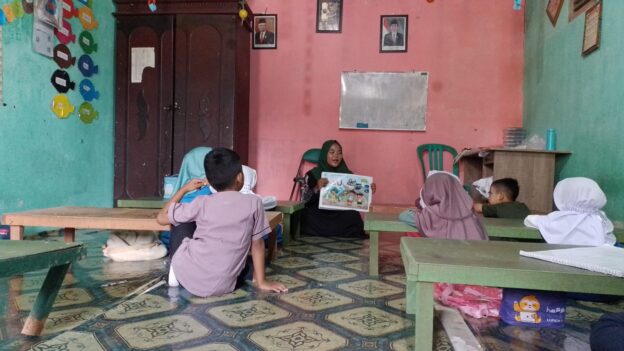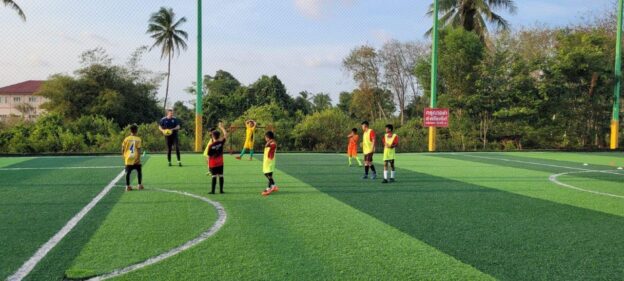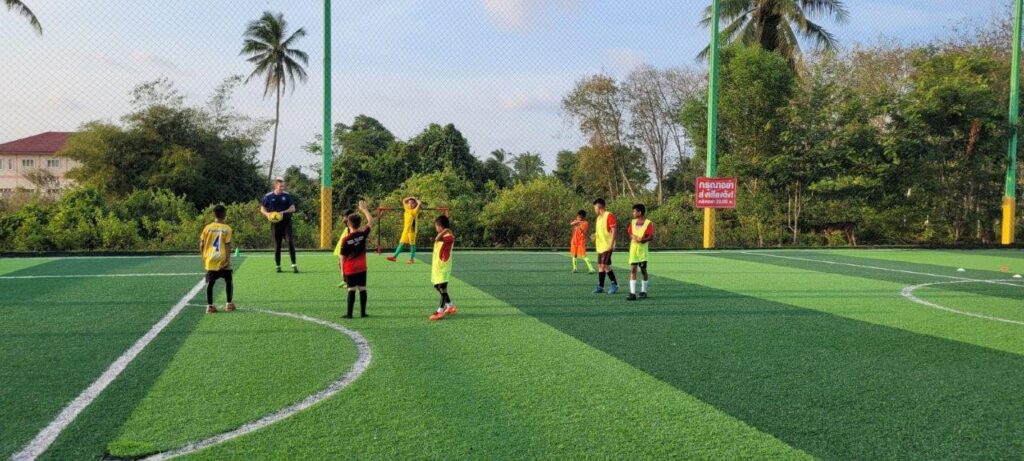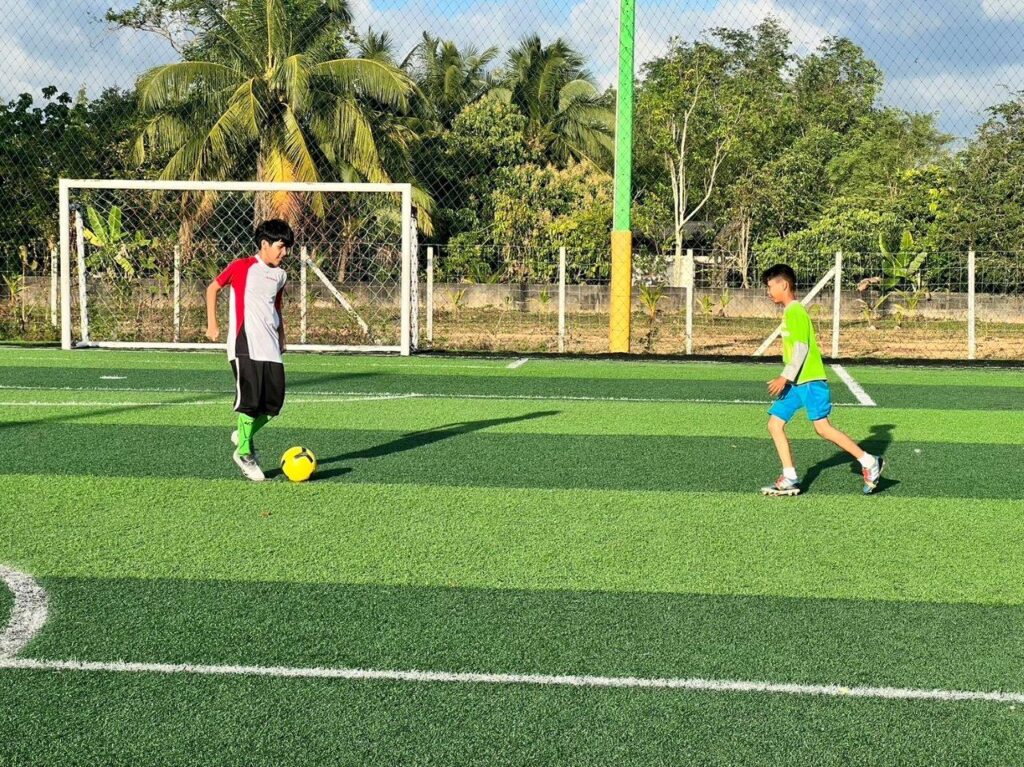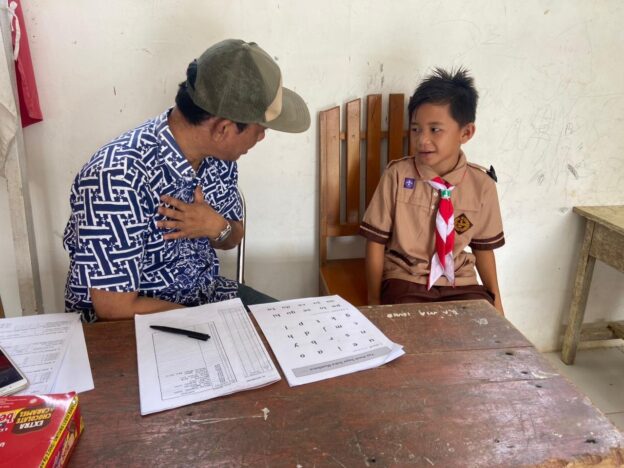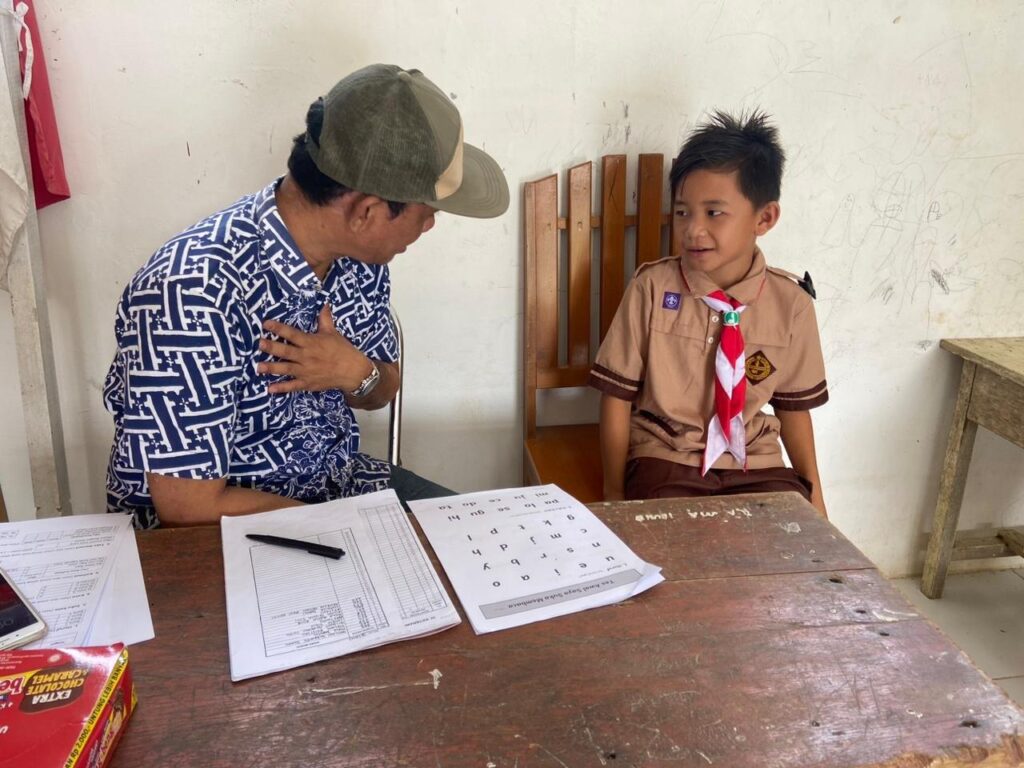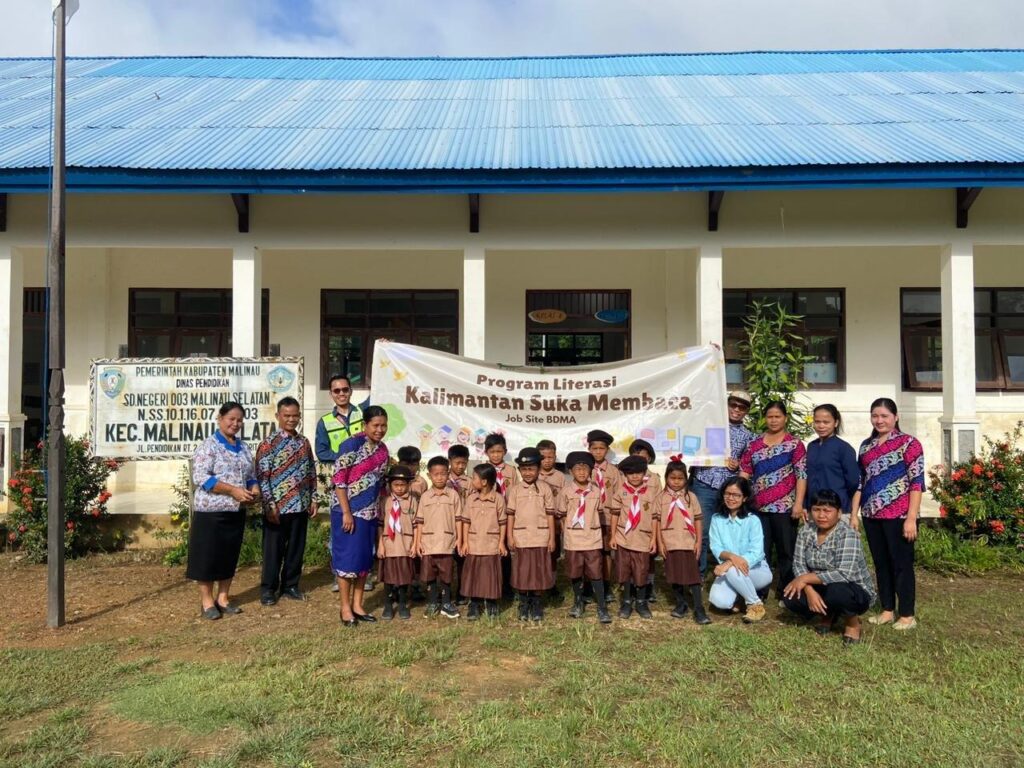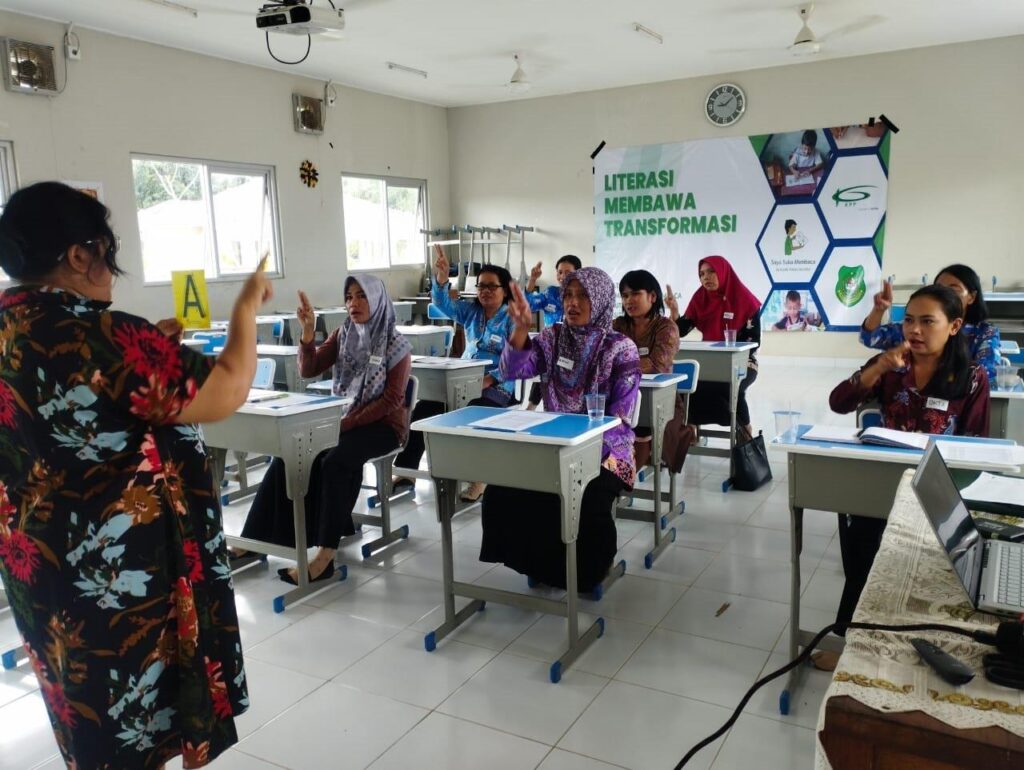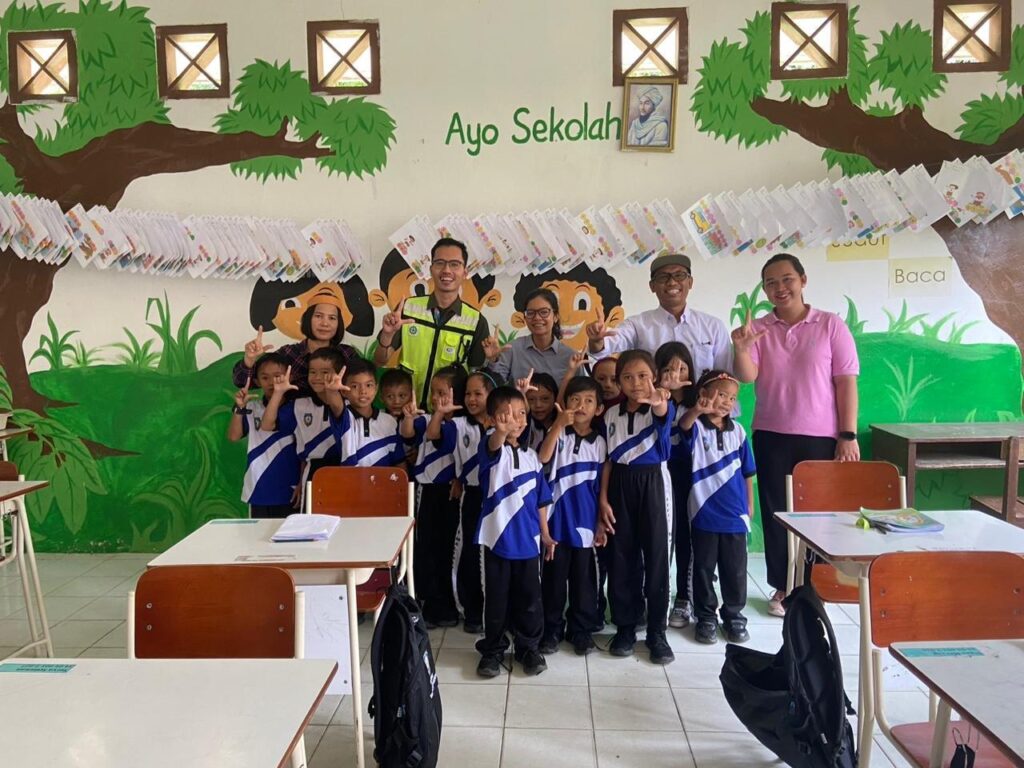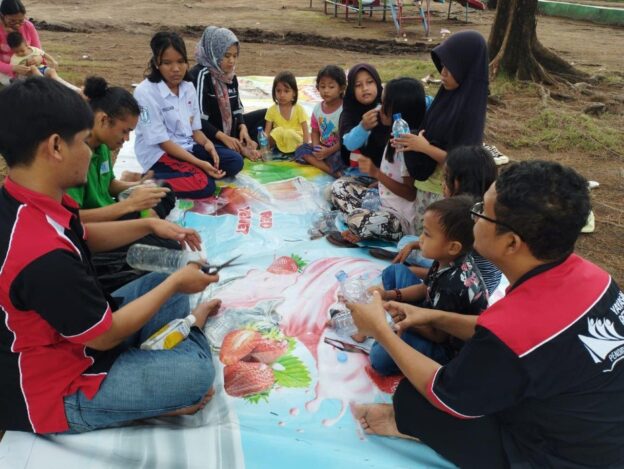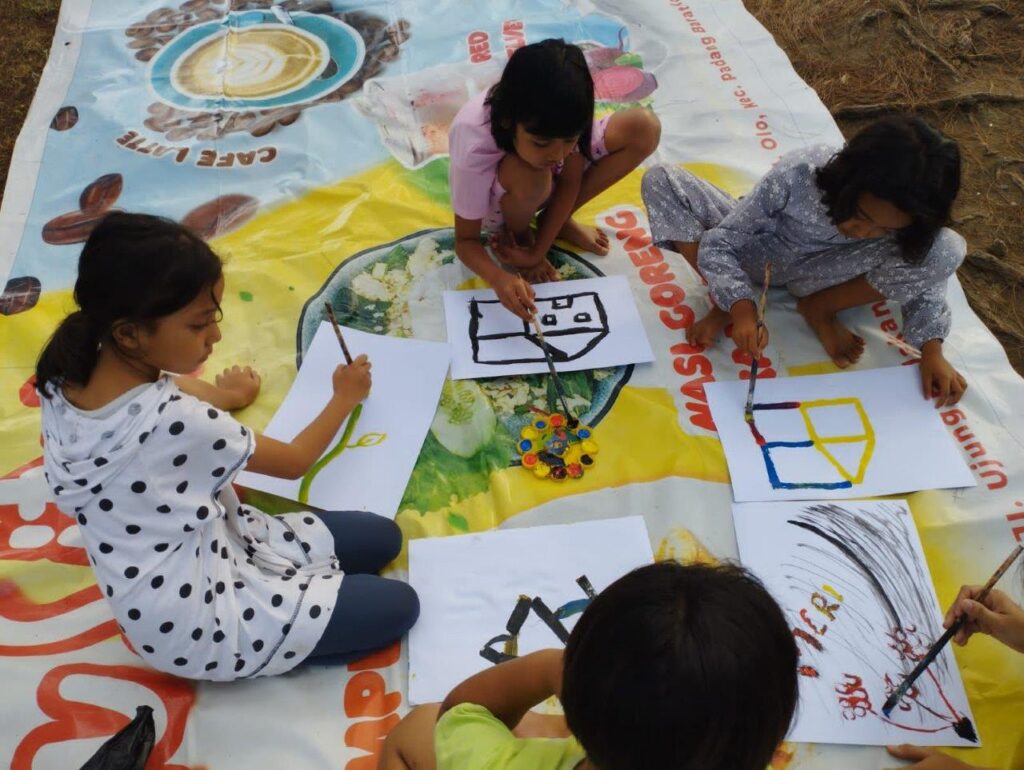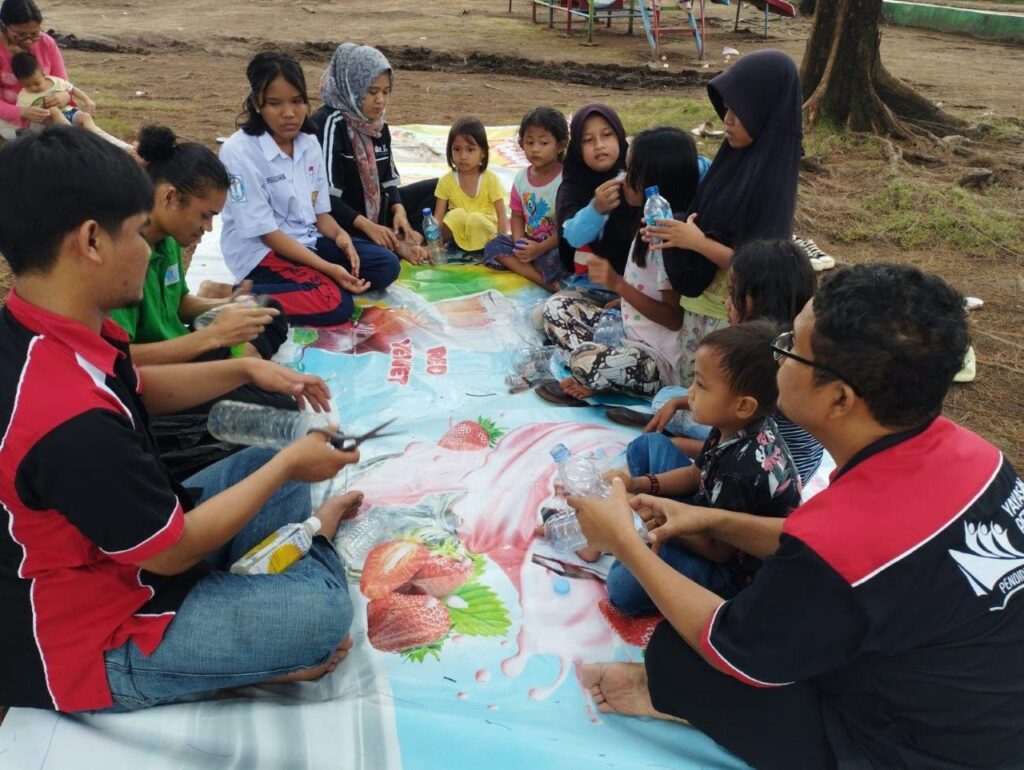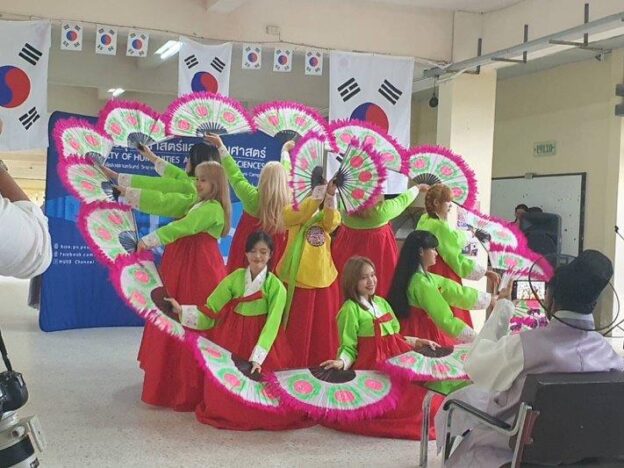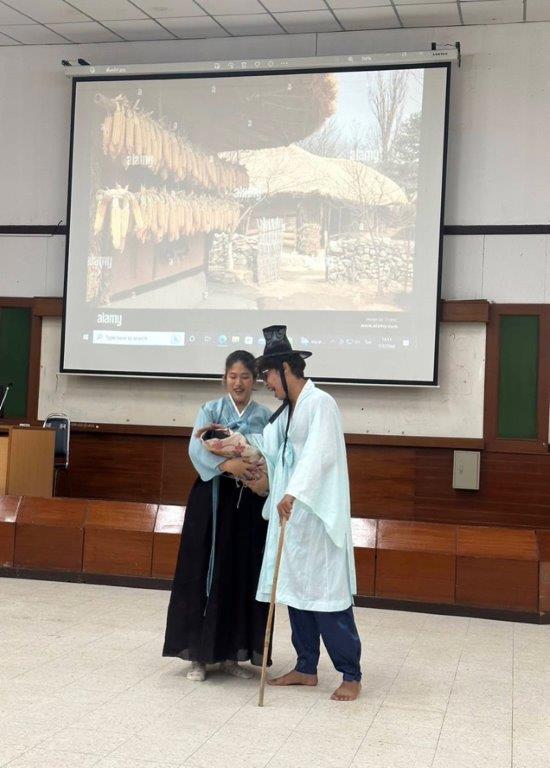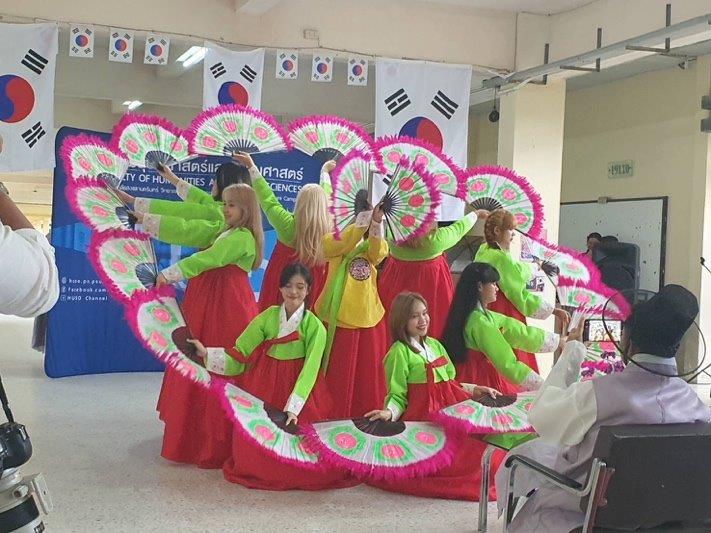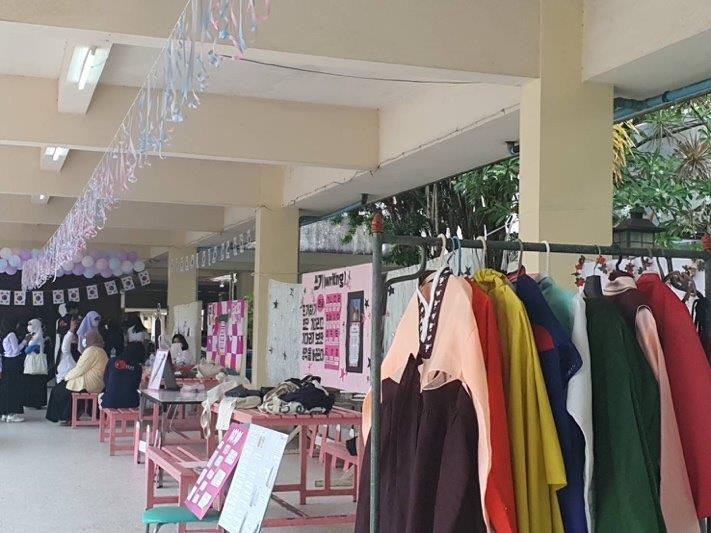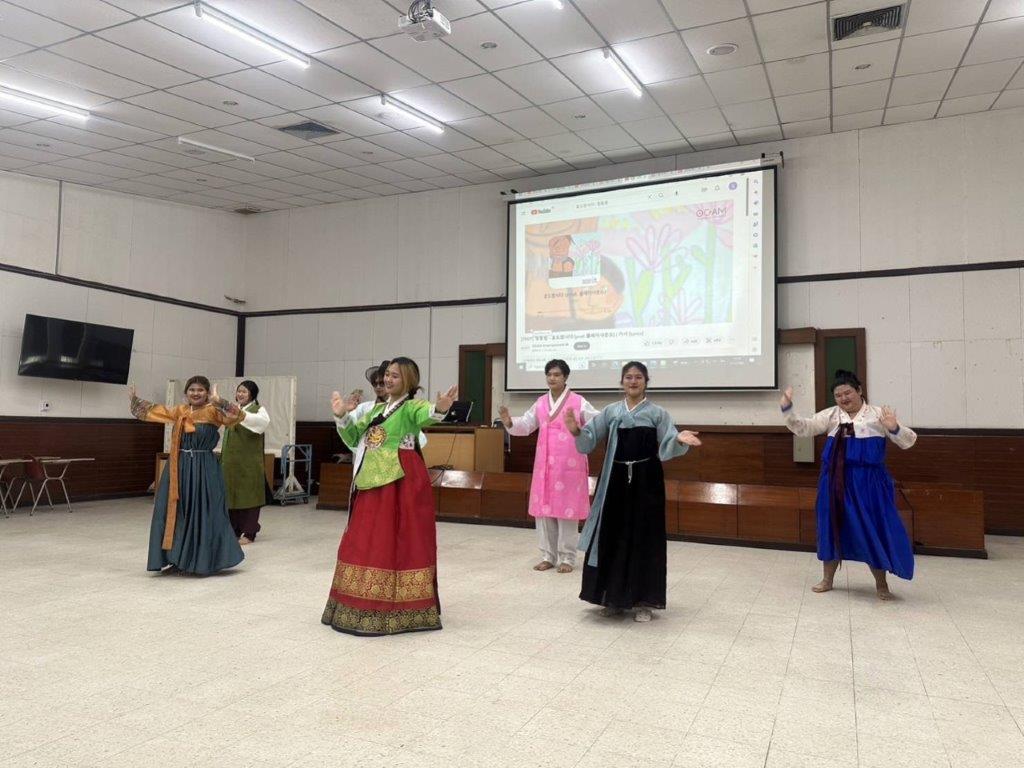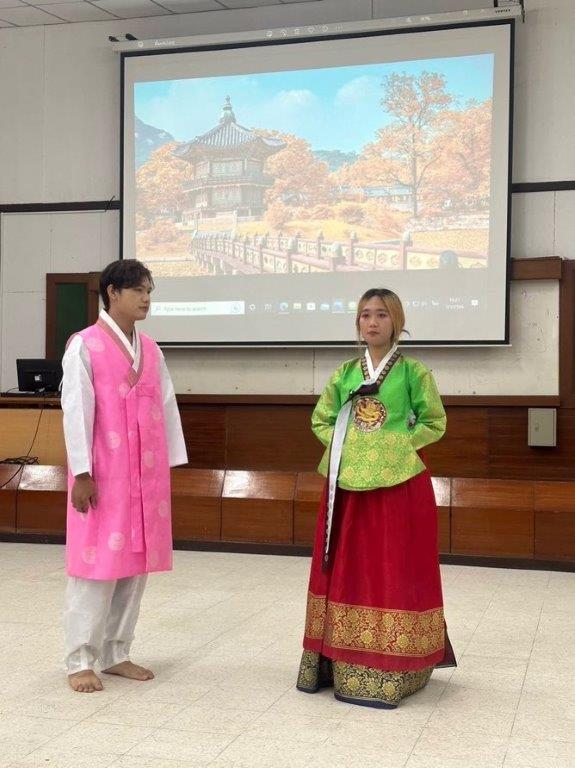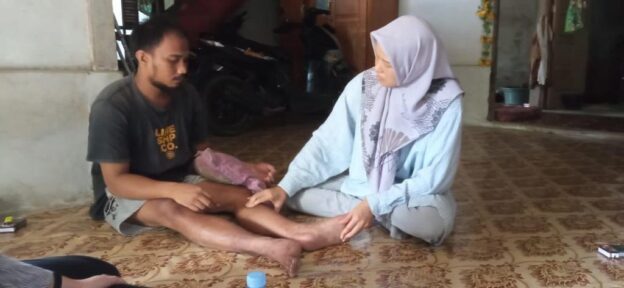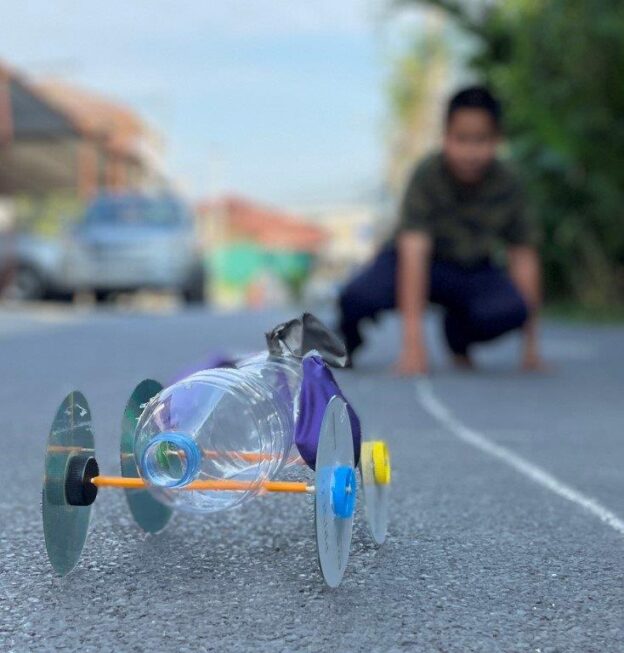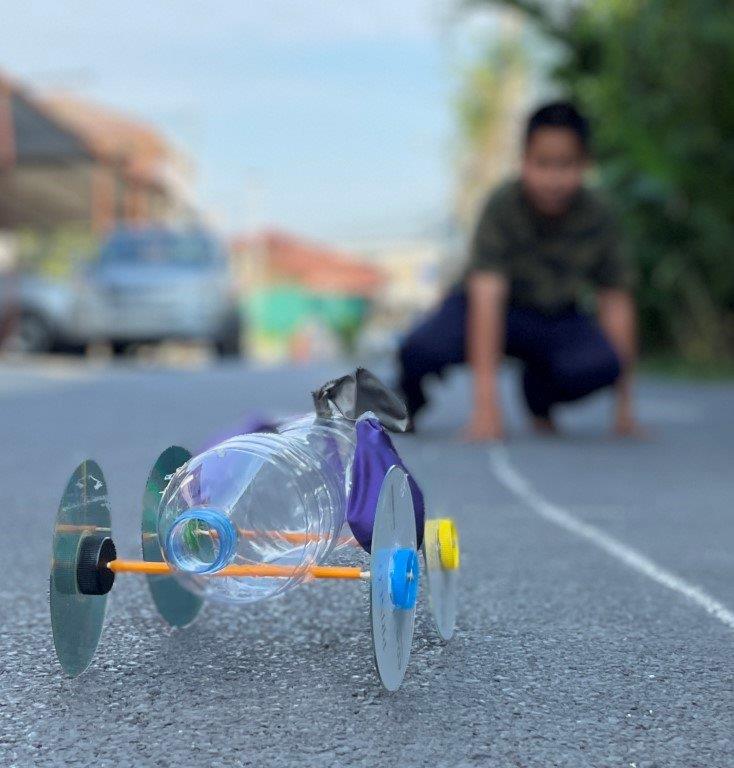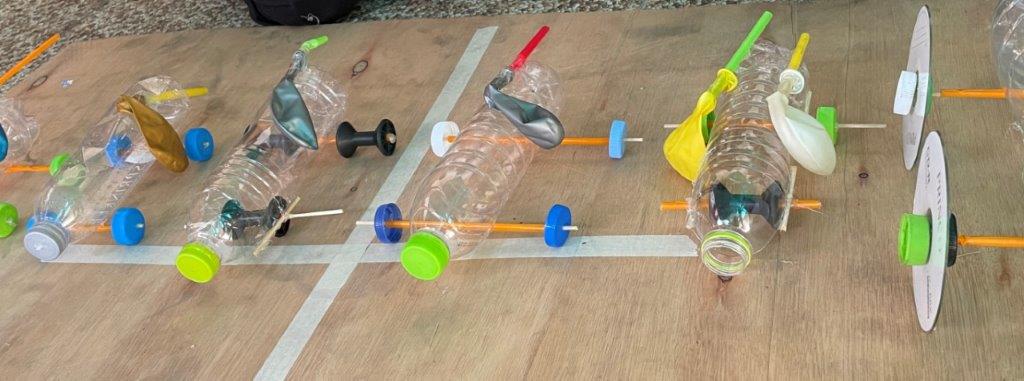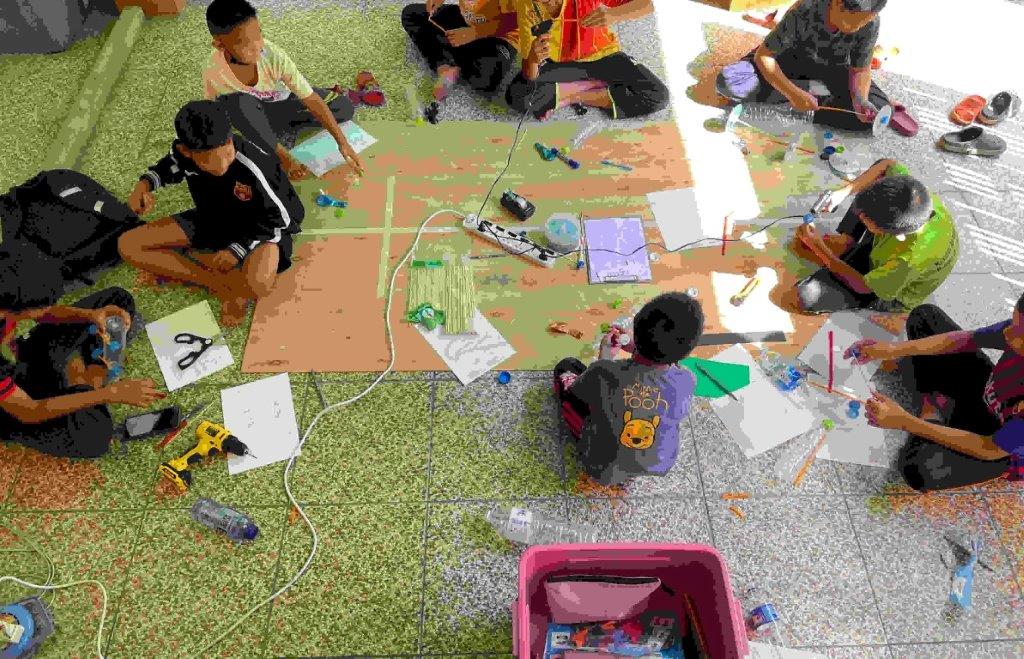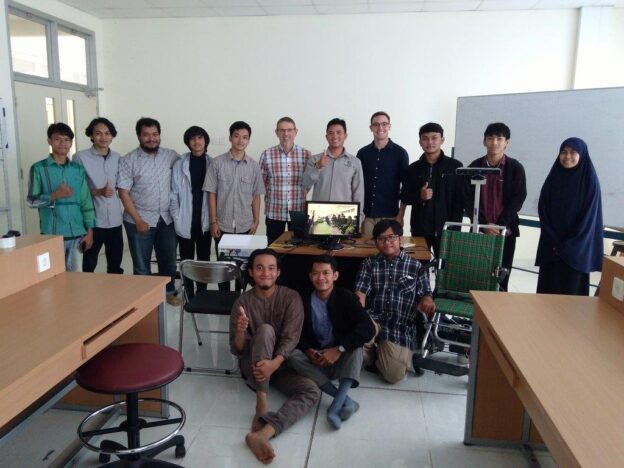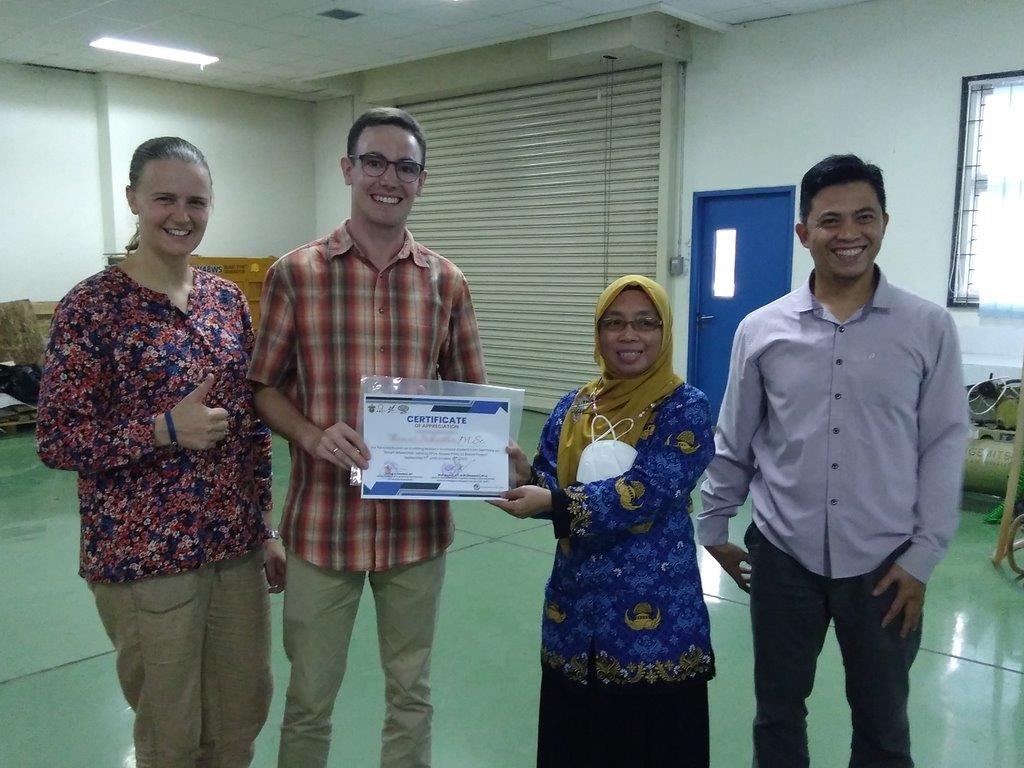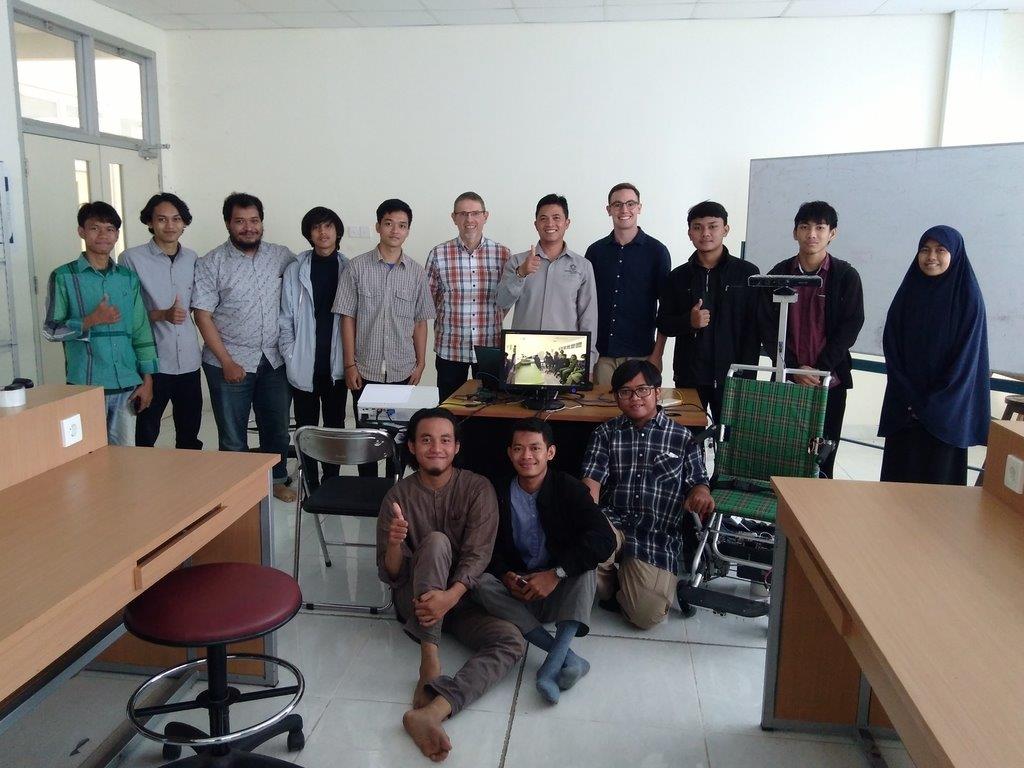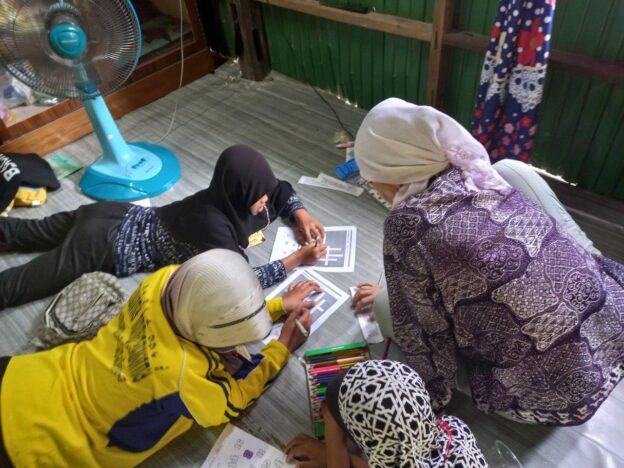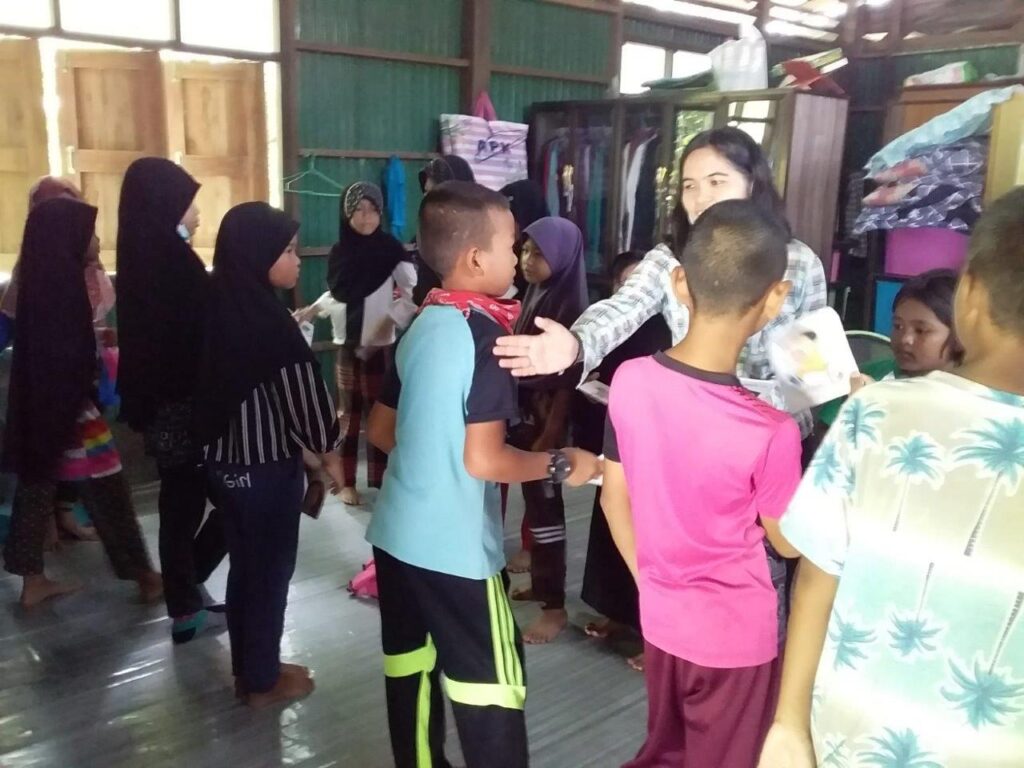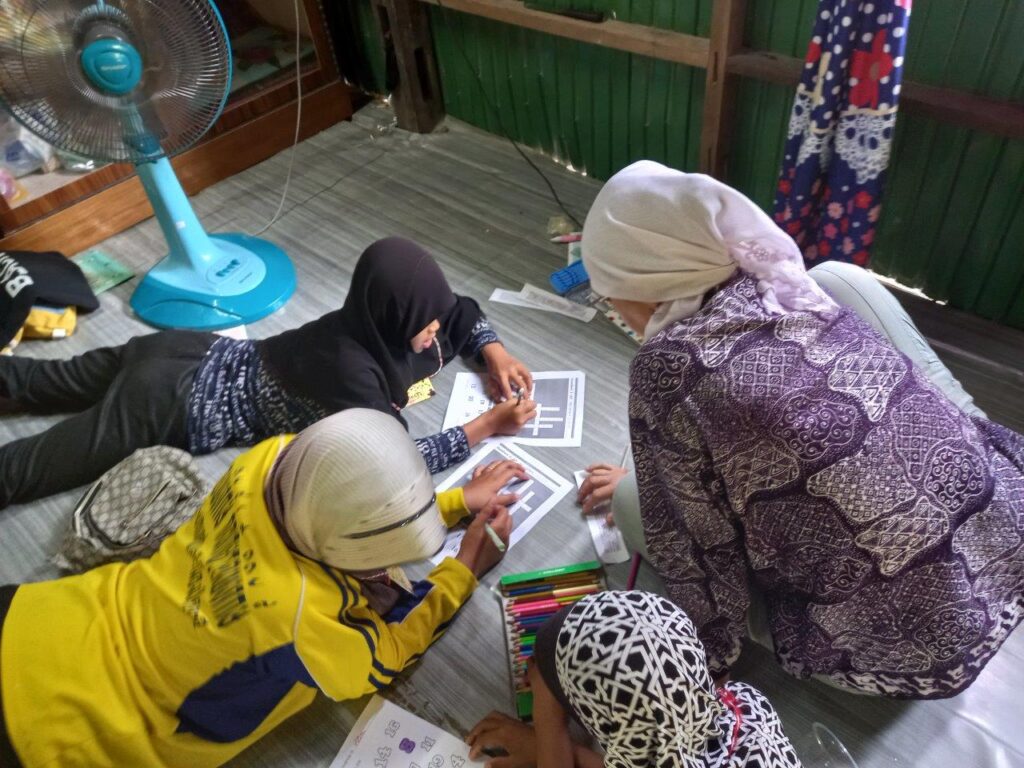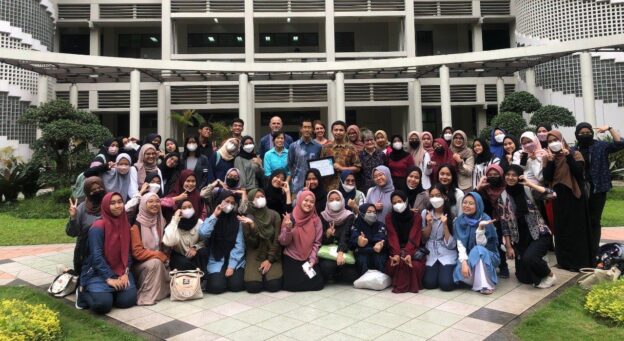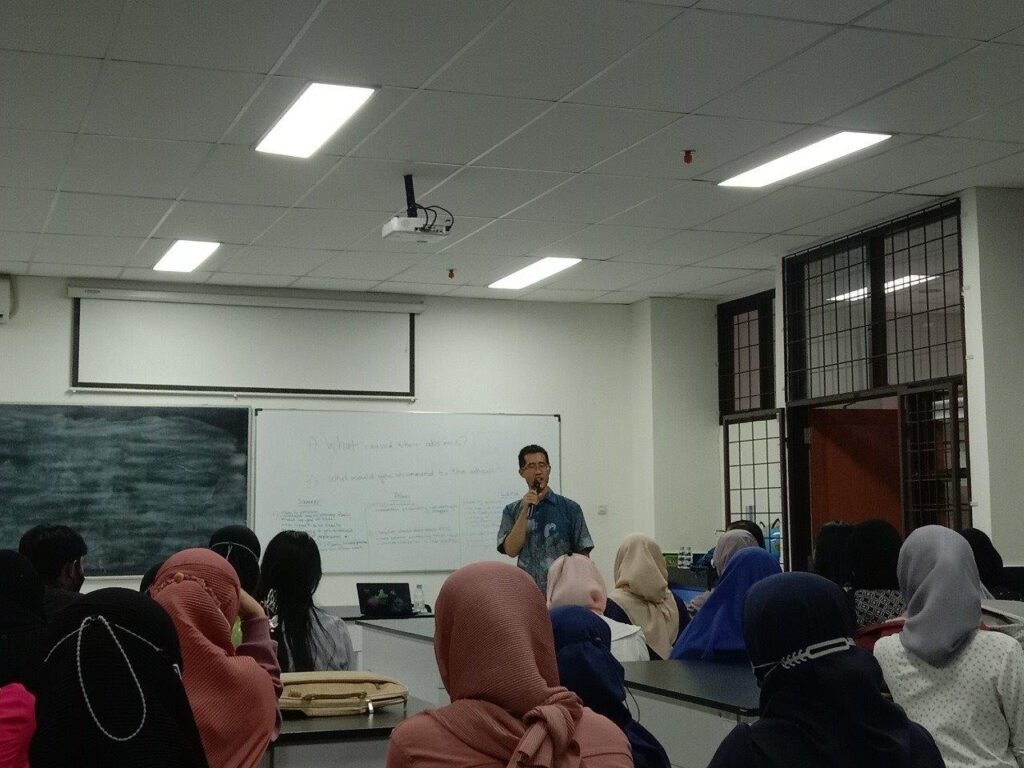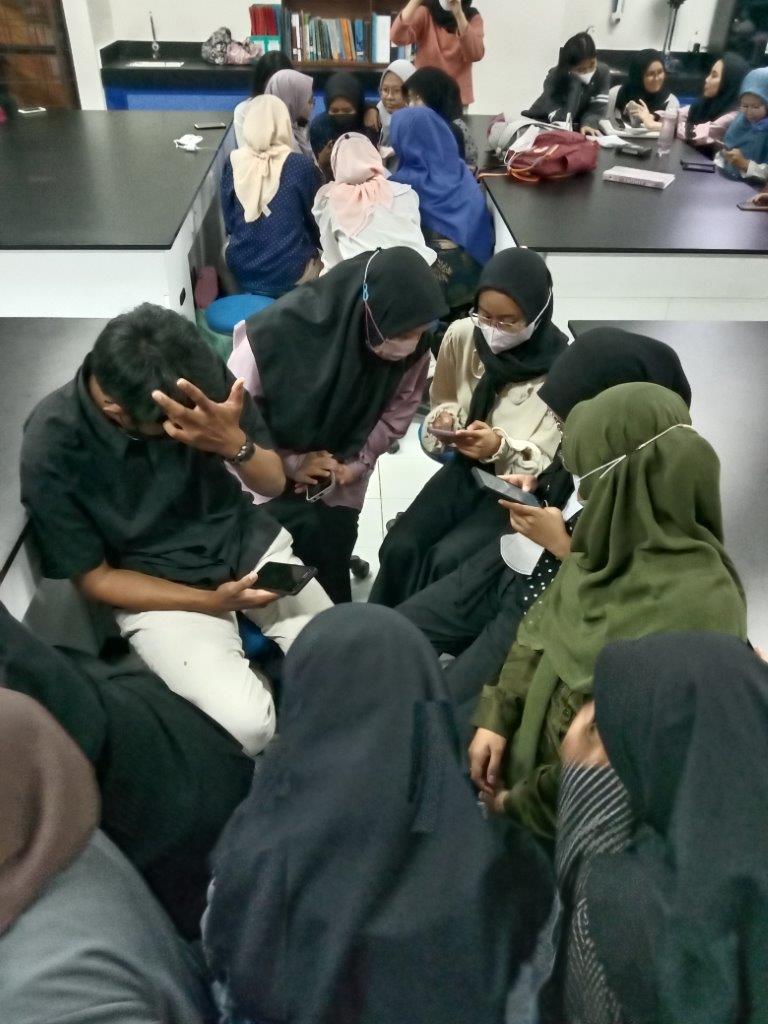Cerdas Literasi or Smart Literacy (formerly known as I Love Reading) is one of the programs of a SEEDS’ partner, Pendar Pagi Foundation (YPP). Smart Literacy aims to assist communities, elementary schools and kindergartens to cultivate a culture of reading in children. This program equips teaching staff with child-friendly and effective training methods and teaching materials, like colourful picture books. Teachers are then able to present the process of learning to read and write in stages, making it fun for the children through active involvement. The teaching curriculum used is called “I Like Reading” (known in Bahasa Indonesia as Saya Suka Membaca or SSM), and comes with a guidebook for teachers, visual aids and culturally-relevant picture story books.
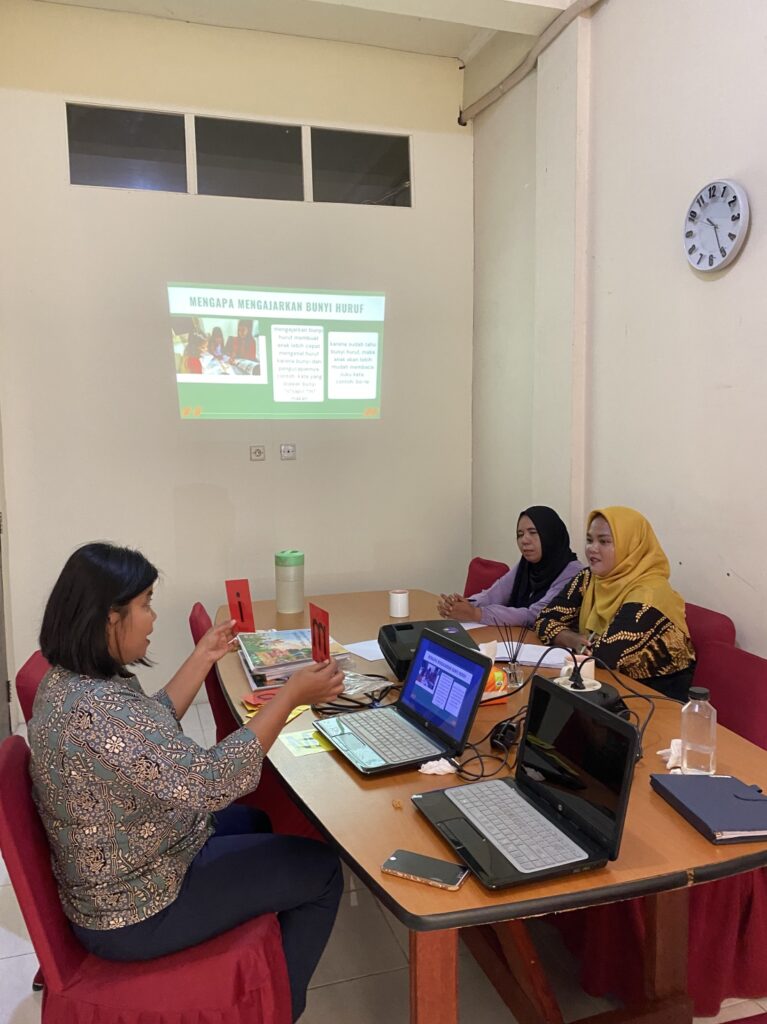
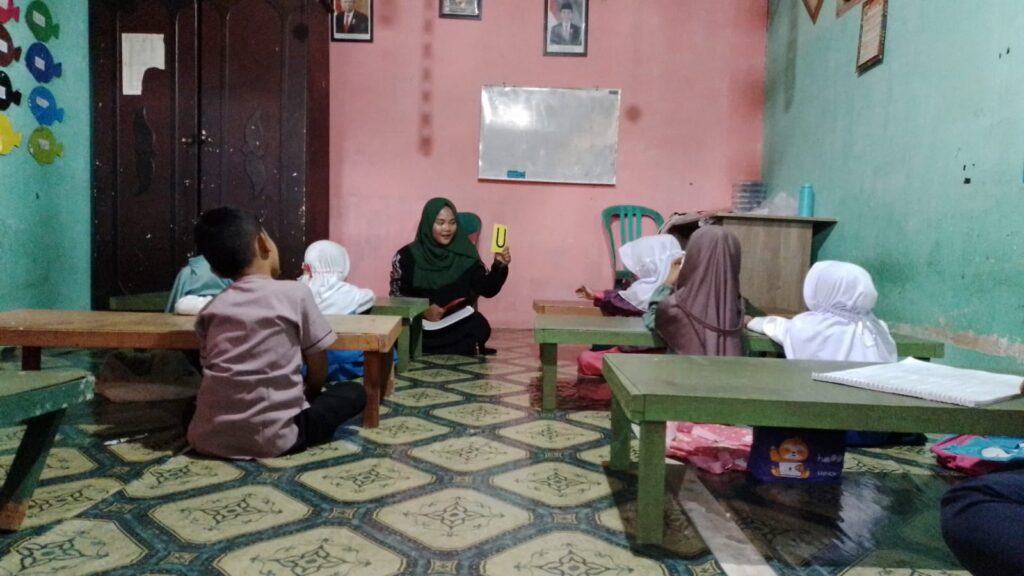
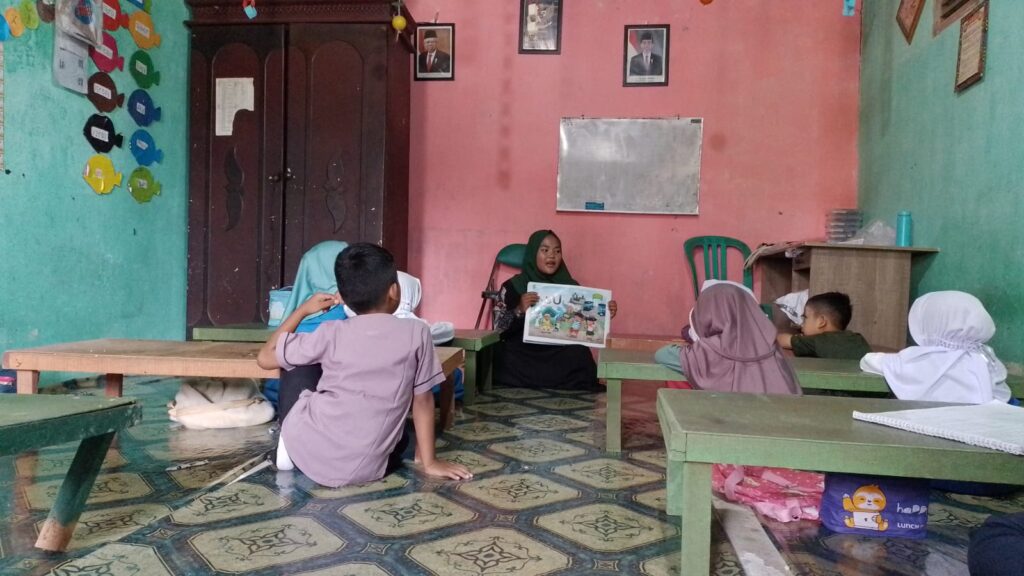
First, the Smart Literacy staff determined which nearby schools or kindergartens could be invited to become Smart Literacy partners. Initial investigation took place in the rural and semi-urban areas surrounding the city of Pekanbaru; these communities have limited access to new facilities or methods that support education. Compounding the challenge to teach literacy skills is that many village children speak local dialects in their homes, whilst at school the language of instruction is the national language of Bahasa Indonesia. The kindergarten currently partnering with YPP is Az-Zahra Kindergarten in Tanjung Kudu Village, Tambang District. Implementation of the Smart Literacy Program at Az-Zahra Kindergarten began by providing levelled training to teachers beginning in July 2023.
When the new school year started in August 2023, the Az-Zahra teachers began using the SSM teaching materials with their kindergarten students. Smart Literacy staff members conduct regular visits to monitor the implementation of SSM materials. It is clear to the staff members that the teachers and students are already benefiting from the use of the SSM materials being used in the daily instruction. Teachers are increasingly mastering the teaching techniques and materials, and enjoy the teaching and learning process. The children are enthusiastic about their literacy lessons, and actively engaging to learn letter shapes and sounds.

